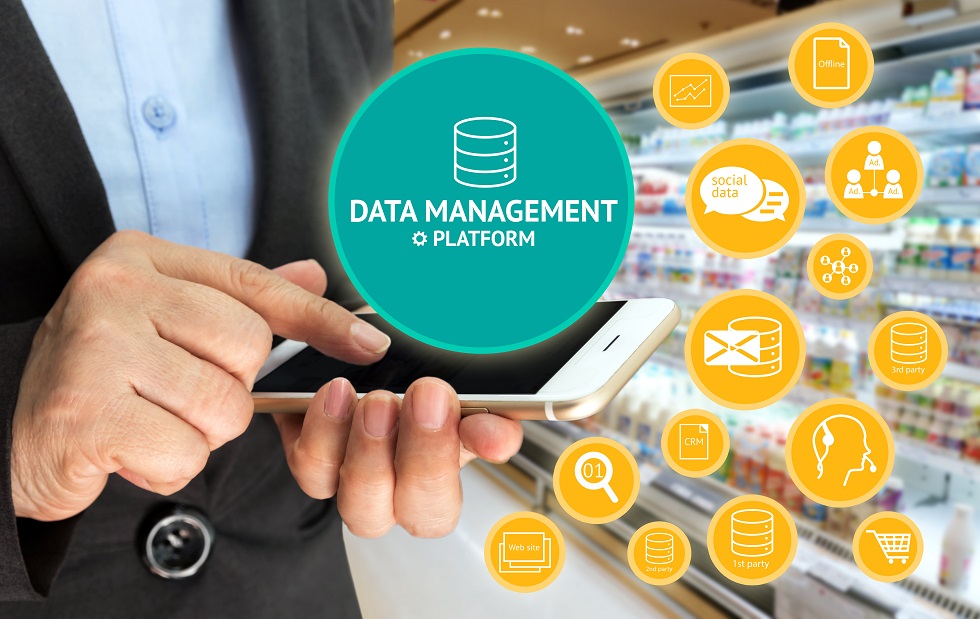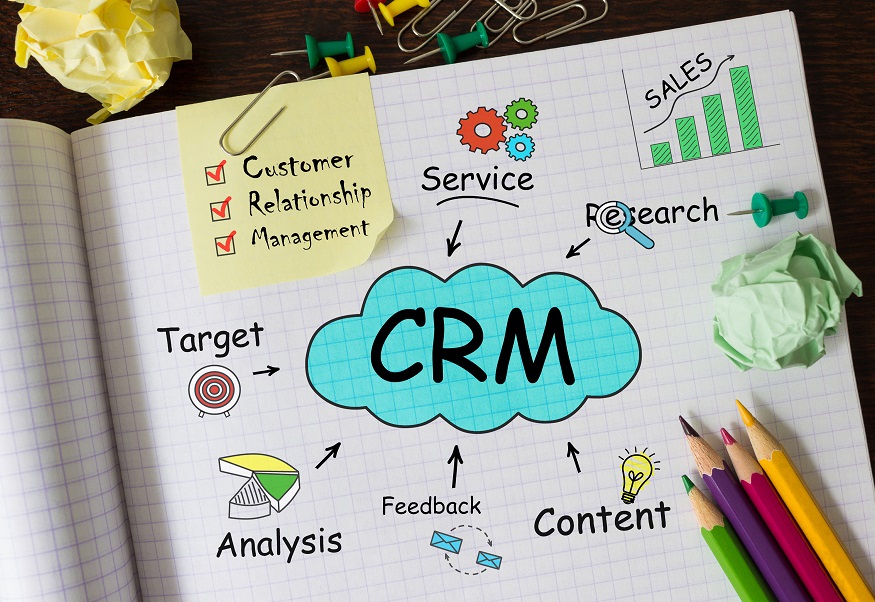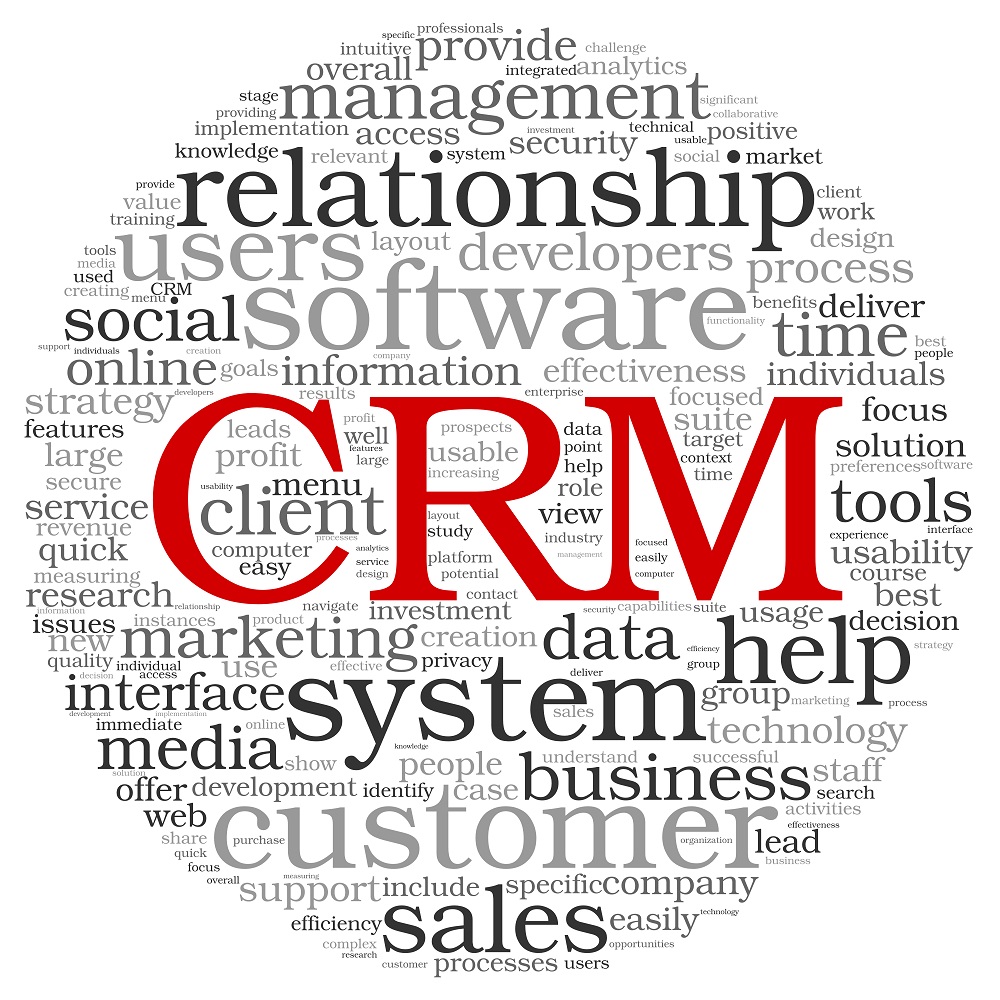
CRM stands for Customer Relationship Management, which is the process of managing relationships between customers and businesses. It is a CRM requirement to provide after-sales support. CRMs are used by many different types of companies to manage their interactions with clients. CRMs can be integrated with other software or used as standalone programs. CRMs are typically designed to handle incoming phone calls, emails, social media messages, live chats and more to keep track of customer contact history. CRMS are not just a one-time investment but rather an ongoing expense that requires more than just product development. Many CRMS need to be updated with new features regularly to keep up with the competition or stay relevant. Support is also needed for CRMS so customers can have any issues resolved without having to wait before their problem is fixed. CRM software requires after-sales support because they need maintenance and updates every once in a while to ensure that it can continue running smoothly.
CRM software helps companies manage their relationships with customers and keep track of the data they hold on them such as customer information, purchasing history, and payment information. CRM software can be used to help companies manage their customers and build strong relations with them through consistent communication, personalized service, and regular offers of new products or services that meet customer needs. CRM helps businesses develop a better understanding of their client’s wants and desires as well as allowing for the expansion into new markets by providing data on customer demographics and geographic location. CRM is a fairly new concept in the business world, but it has quickly made its mark as a necessary tool for any serious company to have available today.
What Is After-Sales Service Support?
After-sales service support is any service given to clients after a product has been purchased. After-sales service csupport might be provided by a shop, manufacturer, or a third-party customer care or training organization. Competitive distribution channels provide after-sales support to ensure customer needs are fully met through the use of electronic tools that automate and customize this process. Regardless of where or when the items are purchased, these channels offer support for consumer enquiries, product inquiries, complaints etc. After-sales service support is provided following all sales strategies to maintain high customer satisfaction rates and limit losses due to dissatisfied customers. Tools such as feedback collection surveys used by vendors will periodically solicit feedback from existing customers related to their after-sales service experience with the company. If necessary corrective action steps need to be taken according to a vendor’s standard operating procedures, they will be implemented following a final review of a complaint or inquiry by an appropriate team member.

Why is it important to use a CRM solution for after-sales service?
CRM Solutions allow you to track your conversations, gather data on customers by looking for patterns in their after-sale behaviour, and provide the entire department with updates on customer behaviour. A CRM call service can be tailored to suit your needs either as an outsourced or in-house solution. There are some free solutions available that offer similar features to more expensive offerings but you need to do some research before deciding which is best for you. And of course, it’s worth remembering that whichever kind of product offering you’re responsible for there’ll be opportunities both inside and outside of working hours; time what seems like downtime with a particular process appropriately – this will allow you to plan more efficiently and make the most out of every opportunity.
Technical Support and Help Desk Services:
CRM solution can not only help you to sell but also help your customer’s experience with after-sales service. use CRM data and record the interactions of every single case as it unfolds. This way all information is available in one place instead of being spread amongst different departments or individual employees who might have access to relevant CRM data. It can help with customer service by allowing you to see the history of every case, and use this information for future reference, or share it with other departments (marketing and sales) who might need access to certain data to make decisions about a particular account. >use CRM data to target customers in different stages of the buying cycle. CRM can also help you analyze your competitors’ marketing efforts and predict which products they might be developing next.
Online assistance in real-time:
Online assistance refers to the concept of providing sales and service organizations with an insight-rich complete client history. CRM is a customer relationship management system that can be integrated with contact centre systems to better handle customer requests. This computerized system provides information on expired products, poor performing products, delayed submissions, new products submissions, return requests, inventory control status reports etc. It allows staff members to process clients’ requests at any time during the day through the use of features such as pick/pack/ship returns or exchanging replacements for faulty items earlier than possible without the quickest response time option available only through automation software. One of CRM’s prime functions is assisting customers by guiding them through their purchasing process during order placement so that the CRM system can provide reports to managers. CRM systems are used in order management, inventory control, marketing, sales tracking and customer service departments of an enterprise. CRM solutions have become a necessity for every business today whether small or large because it enables them to cut costs by improving efficiency while handling their customers better than ever before.
Customer Service Lines that are automated:
CRM in any industry requires a human touch. CRM software can provide great benefits to your business, but it is not enough on its own. Your customers want the personal experience of speaking with you and having their issues resolved during each stage of the buying process. After all, who wants to get stuck talking to an automated system when they need help? CRM requires after sales support, and it is important to make sure you have the resources in place for this. CRM software can be a valuable tool if utilized properly; however, CRM isn’t perfect on its own. Customers want personal interaction with your business when they’re looking into buying something or making an inquiry. CRM can provide great benefits to your business, but it isn’t enough on its own. Your customers want the personal experience of speaking with you and having their issues resolved during each stage of the buying process – they don’t want to get stuck talking to an automated system when they need help! CRM requires after-sales support, and it’s important to make sure you have the resources in place for this.
Automated support Resources:
There are CRM support teams that help your business keep track of what is going on with each customer. CRM software can be a valuable tool if utilized properly; however, CRM isn’t perfect on its own. Customers want personal interaction with your business when they’re looking into buying something or making an inquiry. CRM can provide great benefits to your business, but it isn’t enough on its own. CRM requires after-sales support, and it’s important to make sure you have the resources in place for this! CRM software tracks what is going on with each customer – these are generally CRM Support teams that help your business keep track of what is happening with customers throughout their time with your business. CRM can be a valuable tool if utilized properly, but not enough on its own. Customers want personal interaction with your business when they’re looking into buying something or making an inquiry – CRM requires after-sales service call support! CRM software tracks what is going on with each customer throughout their lifetime as a customer of your business – CRM Support teams are generally in place to help your business keep track of what is happening with customers throughout their time with your brand. CRM can be a valuable tool if utilized properly, but not enough on its own!
Best Practices in After-Sales Support:
We use CRM to manage our after-sales support because it is good at collecting all the information in one place. This means that when we need an update on a product or service, CRM gives us everything we need without having to search through multiple files and documents. It also helps keep track of warranties so no customer gets left out. CRM makes the whole process easier and more efficient, and this results in happier customers and staff! The CRM system we use is also web-based so it works on every device our employees have to access it with. This means that no one has an excuse for not having up-to-date information at their fingertips.

What features does after-sales service support offer?
- CRM offers reporting features
- CRM is web-based bringing all data together in one place for ease of use
- CRM can also be accessed from any device for all staff to have up-to-date information at their fingertips.
- CRM simplifies the process of collecting information across multiple devices and locations.
- CRM helps track warranties for no customer gets left out.
- CRM provides direct access to the information that is needed at any given time.
- CRM simplifies various processes by consolidating data, improving reporting capabilities and efficiency of all staff members involved in the after sales service process.
- CRM helps maintain consistent communication with customers and CRM software does that by automating processes, reducing the effort required to access data. CRM also provides abilities for sales teams to avoid double work by pre-filling information taken straight from CRM systems into emails sent out to their customers.
- CRM also offers a lot of support tools for CRM system users. CRM software allows tracking cases, assigning tickets and resolving issues directly from the CRM interface.
- CRM makes it easy to access all the information that is needed in one place without having to search through multiple files or documents
- CRM is a great tool to build trust with customers. CRM software makes it easy for users to access customer information in one place, which allows you to provide individualized communication and after-sales support without much effort or delay
- CRM provides direct access to the information that is needed at any given time.
- CRM provides CRM users with a great opportunity to automate various processes, reduce the effort required to access data and build trust via CRM interfaces.
- CRM makes it easy to access all the information that is needed in one place without having to search through multiple files or documents.
- CRM simplifies various processes by consolidating data, improving reporting capabilities and efficiency of all staff members involved in the after-sales service process.
- CRM automates multiple CRM tasks to improve productivity for CRM users.
- CRM simplifies various processes by consolidating data across
Benefits of using CRM software for After-Sales Service Support:
- Keep track of customer information.
- Automated reminders for follow up.
- Improve your customer service ratings.
- Be more responsive to customers’ needs
- Track customer interactions and conversations.
- Reduce the number of customers who leave without buying anything.
- Get more sales from happy customers.
- Keep your employees motivated to provide great service.
- Get the most out of your customer service efforts.
- Increase customer satisfaction.
- Make customers feel appreciated and valued.
- Improve customer service
- Increase sales
- Save time
Conclusion – CRM is a great tool to build trust with customers. CRM software makes it easy for users to access customer information in one place, which allows you to provide individualized communication and after-sales support without much effort or delay. It’s reporting feature that helps CRM users track warranty expiration dates of all products sold by CRM users, manage CRM cases and track potential sales opportunities. CRM provides CRM users with a great opportunity to automate various processes, reduce the effort required to access data and build trust via CRM interfaces.



